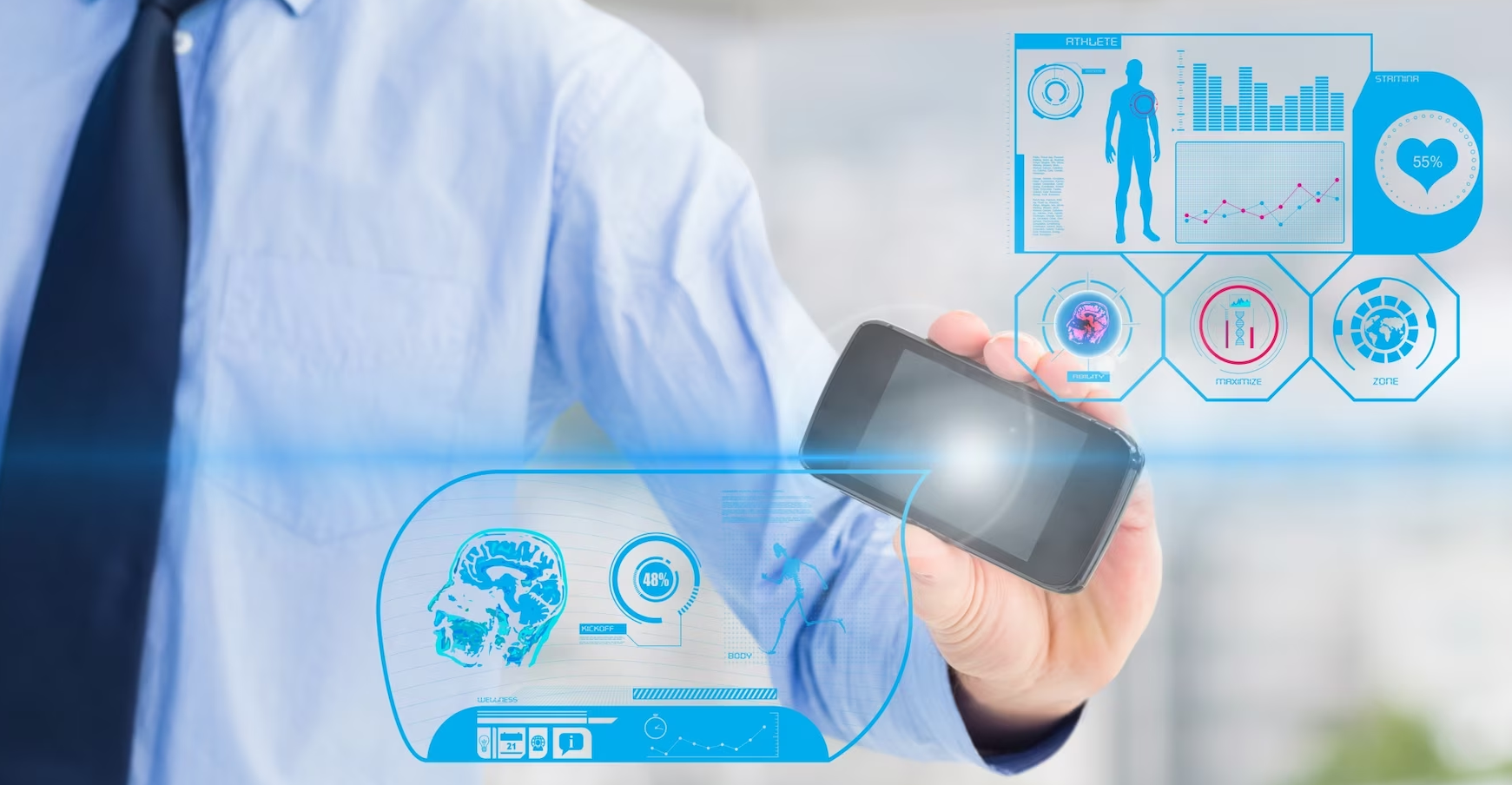
The application of IoT technology in the healthcare industry has opened up numerous opportunities for improving patient care and optimizing healthcare delivery. IoT technology provides healthcare providers with real-time patient data, enabling them to provide accurate and timely diagnoses and interventions. Here are some applications and opportunities of IoT in the healthcare market:
Remote Patient Monitoring:
IoT technology allows healthcare providers to remotely monitor patients’ vital signs, including heart rate, blood pressure, and temperature. This real-time monitoring enables healthcare providers to respond promptly to changes in the patient’s condition, reducing the need for hospitalizations and emergency care. A wide range of wearable devices and sensors, such as mobile health apps, smartwatches, and fitness trackers, can be used for remote patient monitoring.
Personalized Care:
IoT technology can be used to provide personalized care based on a patient’s health data. By collecting and analyzing this data, healthcare providers can create care plans tailored to each patient’s unique needs. This approach can improve patient outcomes and increase patient satisfaction.
Improved Medication Management:
IoT technology can be used to improve medication management by promoting medication adherence and reducing drug errors. Smart pillboxes are one example of such technology that reminds patients to take their medication on time and can alert healthcare providers if the medication is not taken as prescribed. Moreover, the use of ingestible sensors can track how patients are responding to medication, increasing the likelihood of successful treatments.
Telehealth:
The COVID-19 pandemic has accelerated the adoption of telehealth, allowing remote consultations with healthcare providers. Telehealth has the potential to significantly improve patients’ access to healthcare, particularly in rural or underserved areas. Telehealth consultations can be done through video calls, making it convenient for patients who cannot physically access medical facilities.
Predictive Analytics:
IoT technology can transform the healthcare industry through predictive analytics, which can detect disease outbreaks, predict patient readmissions, and identify patients at risk of developing preventable conditions. Predictive analytics can also identify population health trends, giving insights that can help policymakers and healthcare providers make informed decisions.
In conclusion, IoT is transforming the healthcare industry, creating new opportunities for more efficient healthcare delivery, improved patient outcomes, and better management of chronic conditions. As the technology continues to evolve, it is poised to revolutionize the healthcare industry by enabling more personalized and patient-centered care. However, healthcare providers must ensure that the technology is implemented securely and that patient privacy is protected.
As a professional manufacturer of low power Bluetooth module, Tecksay has independently developed and produced a number of BLE Bluetooth modules that have been applied to many industries. With more than ten years of industry experience, Tecksay can customize BLE embedded solutions for customers from design, project management, function customization, system development and other aspects.


